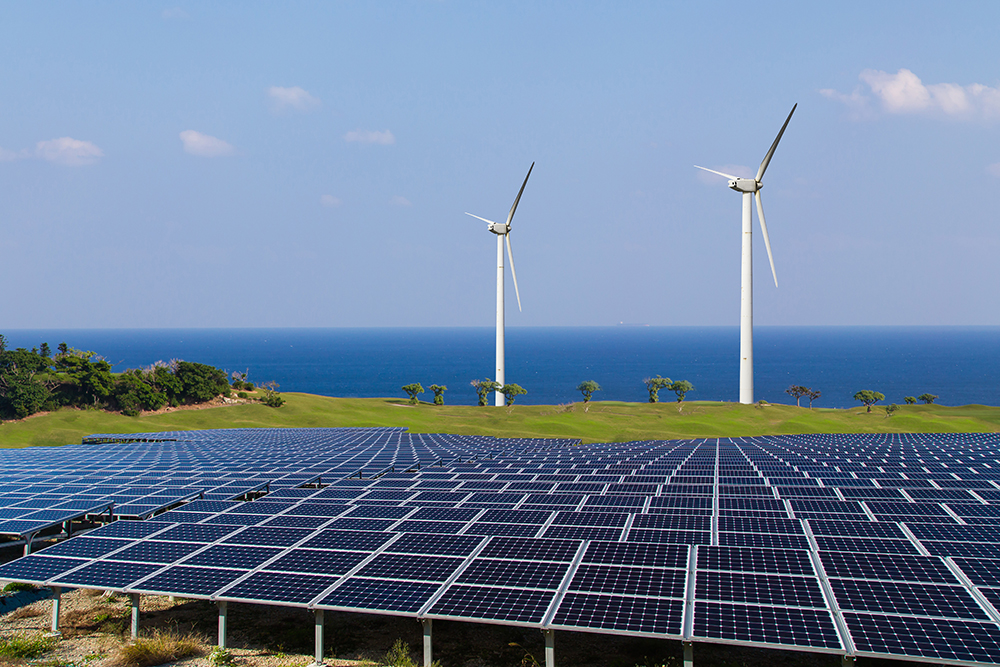Green New Deal of Japanese version is required 🇯🇵🌲

In GLOBE + dated 08/12/2020, there was an article saying, “It is the form of energy policy that decides whether Japan will remain a major power or fall into a second-class country.” This is the content of an interview with civilization critic Jeremy Rifkin, who has advocated policy as an advisor to national plans in Europe and China.
–In your recent book, Global Green New Deal (NHK Publishing), you predicted that the civilization that uses fossil fuels will end in 2028.
It is not my guess, but the result derived from the latest research in all economic fields. Solar and wind power are exponentially cheaper, cheaper than natural gas, and nuclear power is no longer a match. The sun and wind do not send invoices, so the marginal cost of producing electricity is close to zero.
Huge economic destruction always comes from infrastructure. The market power is particularly strong. Over the last few years, $ 11 trillion has escaped from fossil fuels. Public pension funds in New York, London and Berlin have withdrawn investment, followed by insurers. Volkswagen of Germany plans to turn 22 million electric vehicles into electric vehicles in 2016.
In the future, coal, natural gas and oil will no longer be excavated, and pipelines and refineries will be inoperable. Citigroup, a major US financial firm, predicted that such “stranded assets” would amount to $ 100 trillion. The impact on Japan, the largest importer of liquefied natural gas (LNG) and the third largest coal importer in the world, is more serious than any other country.
・・・ Omission ・・・
Source: GLOBE +
The book introduced in this interview has very interesting content. The United States, which consumes more energy than Japan, has set the following goals in its Green New Deal policy. If the United States can do it, Japan with less electricity should be able to do it.
- Convert all US electricity to renewable energy within 10 years
- Improvement of energy supply network, buildings and transportation infrastructure
- Increased energy efficiency
- Investment in green technology research and development
- Vocational training in the new green economic sector
Also, the world is shifting energy at a tremendous speed. The fossil fuel industry civilization is expected to collapse between 2023 and 2030 as energy shifts from fossil fuels to cheaper renewables such as solar and wind, and the associated zero-carbon technology.
However, as mentioned in the opening interview, Japan is currently highly dependent on fossil fuels for oil and coal, and is not riding the wave of energy shift to renewable energy in the world. Energy-related people who emphasize oil and coal say that riding the energy shift due to the EU’s climate crisis will damage Japan’s national interests, and that renewable energy will not replace nuclear power, oil and coal power generation. Now, we are shifting energy not only to the EU but also to Australia, India, Asia, the Middle East, Africa and South America, with the United States and China at the top. (It’s harder to find a country that hasn’t shifted)
Renewable energies (solar, wind, tidal, hydro, geothermal, etc.) are technically and economically able to cover all electricity. In addition, global financial money is flowing into the renewable energy market. “We have the money to invest, the cost is cheap, and there is no technical problem. The climate crisis has been a mess for a year and a year.” I can’t find a reason not to shift to renewable energy. I also think that the highest peak of those technologies is still Japan.


